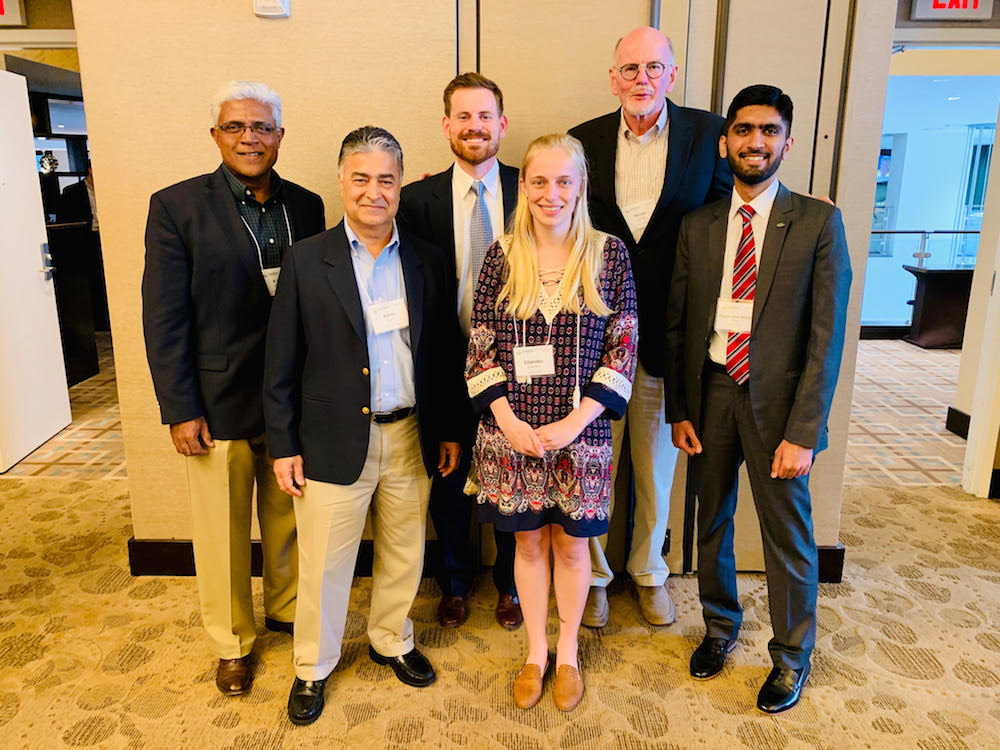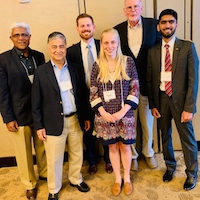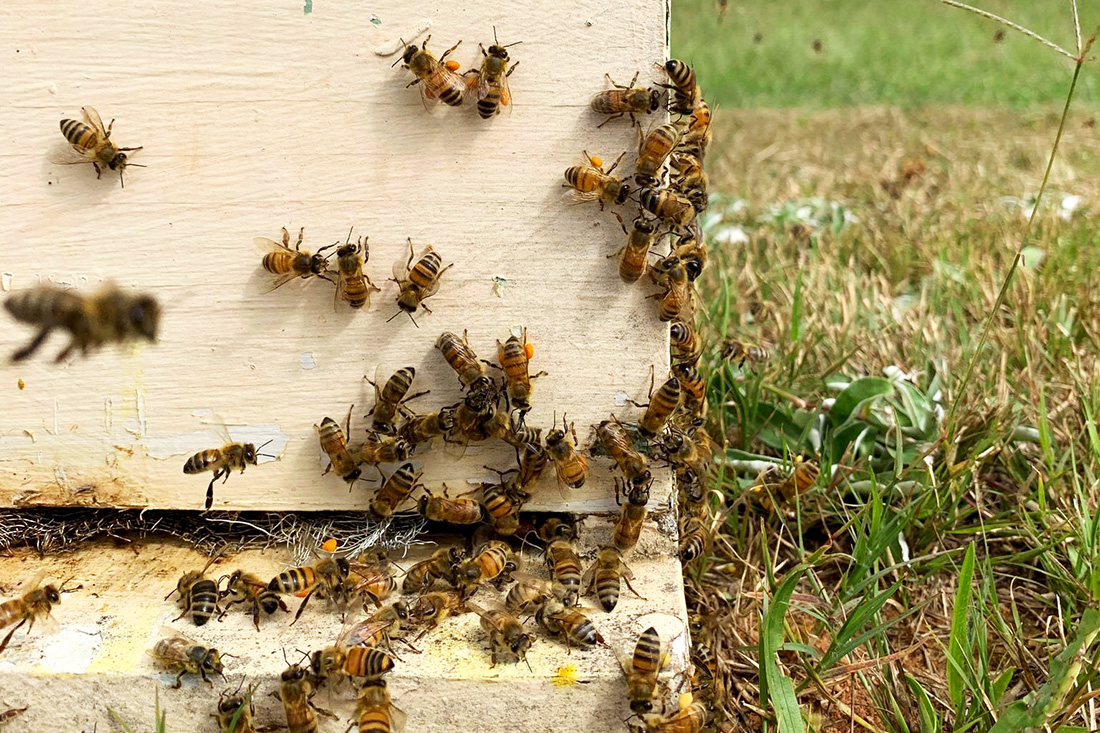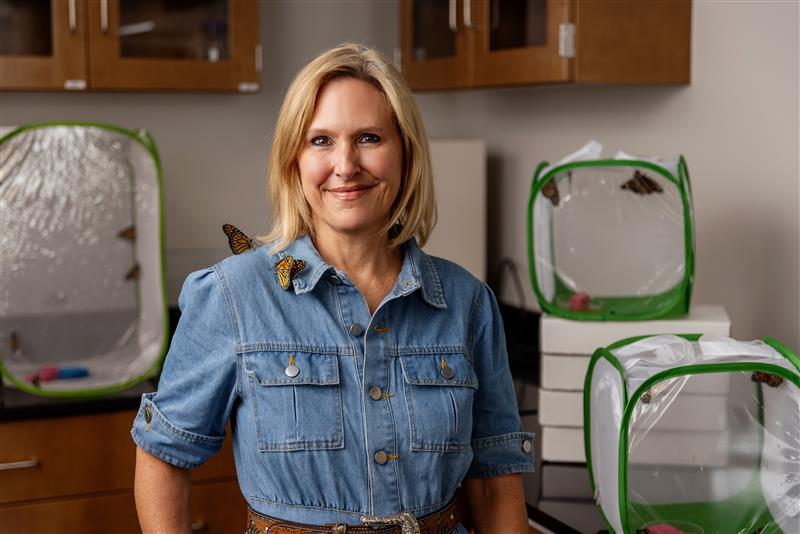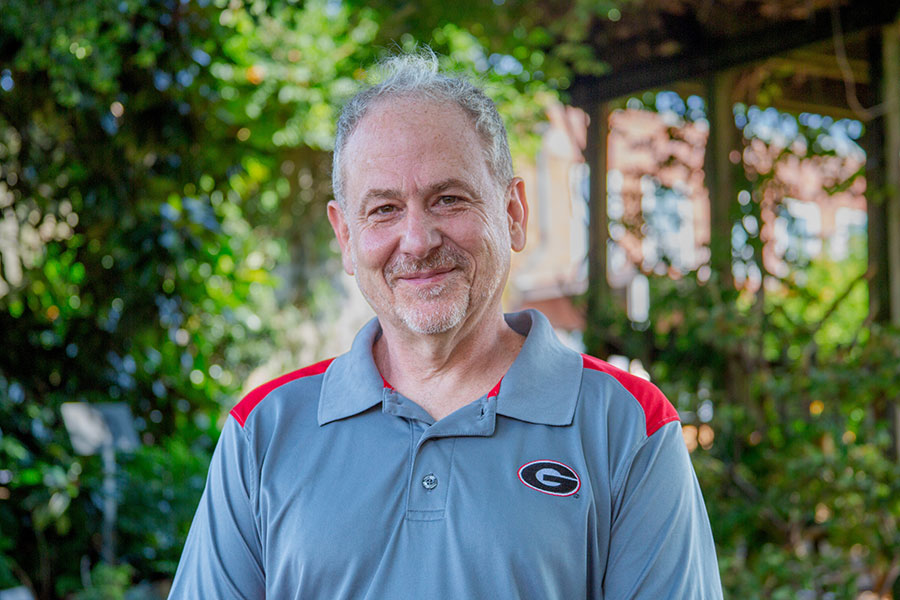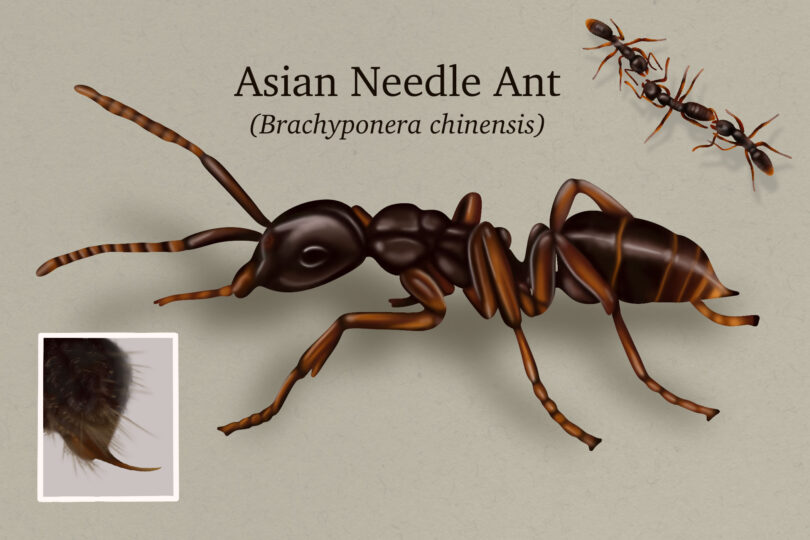From the time he left high school, University of Georgia doctoral candidate Fawad Khan knew he wanted to use his interest in biology to help farmers.
Although he grew up in the city, he knew that a major part of his native Pakistan’s economy was farm based. If he wanted to improve people’s lives, he could make a big impact by working in agriculture.
“Even though I was from the city, I saw how farmers worked and the challenges they faced,” Khan said. “I wanted to see how I could integrate my knowledge of agricultural sciences to help them improve their outcomes, to improve their farming practices.”
It was that drive to improve the livelihoods and lives of farmers that led him to UGA as a Fulbright Fellow. The Fulbright Fellowship Program, which covers all of the expenses associated with earning a doctoral degree, is part of the larger Fulbright Program established in 1946 to improve international relations, cultural diplomacy and intercultural competence through the exchange of people, knowledge and skills. It is considered one of the most prestigious and competitive fellowship programs in the world.
During their stay in the U.S., Fulbright Fellows are expected to share information about their home countries with their U.S. colleagues and with community groups. After completing their degrees, fellows return to their home country where they are expected to assume leadership roles in their fields while also sharing their experiences in the U.S.
For Khan, his Fulbright Fellowship meant being able to take his research and career to next level.
After earning his master’s degree, Khan spent two years as a visiting lecturer at Bahauddin Zakariya University in Layyah, Pakistan, and later was a full-time entomology lecturer for three years at Muhammad Nawaz Sharif University of Agriculture in Multan, Pakistan.
“As my career progressed, I felt the need for better academic and research training,” Khan said. “The prestigious Fulbright Program provided me with a lifetime opportunity to pursue my dreams.”
Khan is working under the supervision of Shimat V. Joseph, an assistant entomology professor at UGA’s Griffin campus. For his dissertation, he is looking at the use of beneficial insects to manage insect pests in different turfgrass systems.
“Beneficial insects, including predators and parasitoids, play a role in managing the insects pests in different farming systems across the globe,” he said.
In early June, Khan was one of three UGA graduate students to attend the 55th conference of the Association for International Agriculture and Rural Development (AIARD) in Washington, D.C. Khan’s attendance at the AIARD conference was funded with a scholarship from UGA alumnus Hiram Larew, who retired in 2015 as director of international programs for the U.S. Department of Agriculture National Institute of Food and Agriculture.
“Like all states, Georgia has an important stake in international agriculture, so I’m very pleased that Fawad was able to participate in this year’s AIARD Conference, which was themed ‘Building Resilience in Global Agriculture,’” Larew said. “By attending, he had a front-row seat in important discussions that affect agricultural trade, science, policy and assistance. And he was joined by two fellow students who received Future Leader Scholarships from AIARD. Go Dawgs!”
Also attending this year’s conference were Chandler Mulvaney, a master’s student in agricultural and environmental education, and Chandler Levinson, a doctoral candidate in plant breeding, genetics and genomics.
Both Mulvaney and Levinson were selected for AIARD’s Future Leaders Forum, a competitive fellowship program that includes the possibility of being awarded the AIARD Graduate Research Fellowship Grant.
AIARD is an association of U.S. and internationally based members who have devoted their careers to global agricultural development and hunger alleviation. Members are from universities, nongovernmental organizations, private sector firms, consulting companies, government and donor agencies, and foundations.

